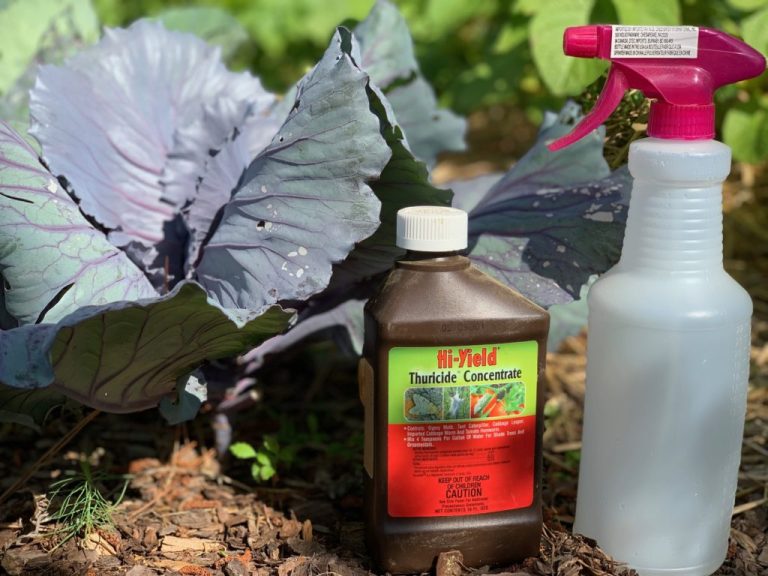The Rise of Organic Pesticides in Sustainable Agriculture
Introduction: In the world of agriculture, the battle against pests and diseases has long been fought with chemical pesticides. While these synthetic solutions have provided short-term relief, their long-term consequences on the environment, human health, and biodiversity have raised significant concerns. In response, farmers and researchers are turning to a more sustainable alternative: organic pesticides. Harnessing the power of nature’s own defenses, organic pesticides offer effective pest control without the harmful side effects associated with their synthetic counterparts.
Understanding Organic Pesticides: Organic pesticides are derived from natural sources such as plants, minerals, and microorganisms. Unlike conventional pesticides, which often contain synthetic chemicals, organic pesticides utilize compounds that occur in nature and are inherently safer for the environment and human health. Examples of organic pesticides include neem oil, pyrethrin, diatomaceous earth, and Bacillus thuringiensis (Bt).
Benefits of Organic Pesticides:
- Environmental Sustainability: One of the primary advantages of organic pesticides is their minimal impact on the environment. Unlike synthetic pesticides, which can persist in the soil and waterways, organic pesticides break down more rapidly and pose fewer risks to ecosystems and non-target organisms. Additionally, organic farming practices promote biodiversity and soil health, contributing to the overall resilience of agroecosystems.
- Reduced Health Risks: Synthetic pesticides have been linked to a range of health issues in humans, including respiratory problems, neurological disorders, and certain types of cancer. By choosing organic pesticides, farmers can minimize their exposure to harmful chemicals and protect the health of farmworkers, consumers, and communities surrounding agricultural areas.
- Resistance Management: Prolonged use of synthetic pesticides has led to the development of pesticide-resistant pests, rendering many chemical treatments ineffective. Organic pesticides, on the other hand, employ multiple modes of action, making it more difficult for pests to develop resistance. By rotating organic pesticides and implementing integrated pest management (IPM) strategies, farmers can mitigate the risk of resistance and maintain effective pest control over the long term.
Challenges and Considerations: While organic pesticides offer numerous benefits, they also present certain challenges and considerations for farmers:
- Efficacy: Organic pesticides may not always provide the same level of efficacy as their synthetic counterparts. Farmers may need to apply organic pesticides more frequently or combine them with other pest management tactics to achieve desired results. Additionally, the effectiveness of organic pesticides can vary depending on factors such as pest species, environmental conditions, and application methods.
- Cost: Organic pesticides can be more expensive than synthetic pesticides, which may pose a barrier to adoption for some farmers, particularly those operating on tight profit margins. However, proponents argue that the long-term benefits of organic farming, including improved soil fertility and reduced input costs, can outweigh the initial investment in organic pesticides.
- Regulatory Hurdles: The regulatory landscape for organic pesticides can be complex and varies from country to country. While organic pesticides are generally subject to less stringent regulations than synthetic pesticides, manufacturers must still adhere to organic certification standards and guidelines to ensure product safety and efficacy.
Future Directions: As awareness of the environmental and health impacts of synthetic pesticides continues to grow, the demand for organic alternatives is on the rise. Researchers are exploring new formulations, delivery methods, and combinations of organic pesticides to enhance their efficacy and applicability across different crops and regions. Additionally, ongoing advancements in biotechnology and microbial science hold promise for the development of novel organic pest control solutions with improved specificity and environmental sustainability.
Conclusion: Organic pesticides represent a paradigm shift in agriculture, offering a safer, more sustainable approach to pest management. By harnessing the natural defenses found in plants, minerals, and microorganisms, organic pesticides provide effective pest control while minimizing environmental harm and protecting human health. As farmers increasingly embrace organic farming practices, the adoption of organic pesticides is poised to play a central role in the transition toward a more resilient and ecologically sound food system.


